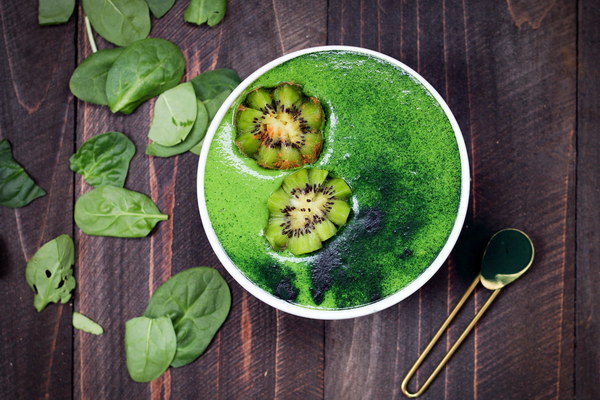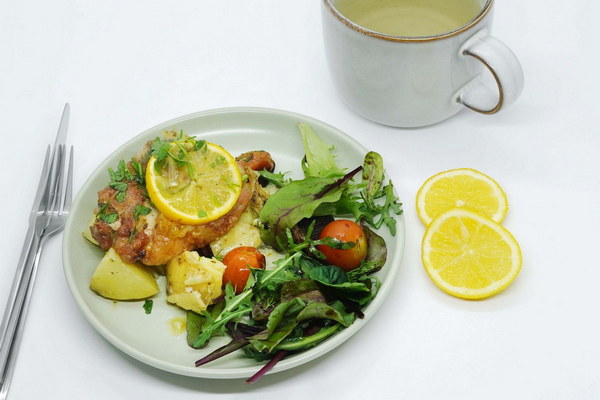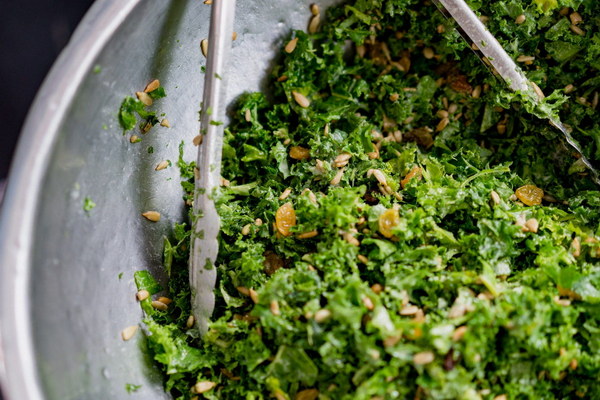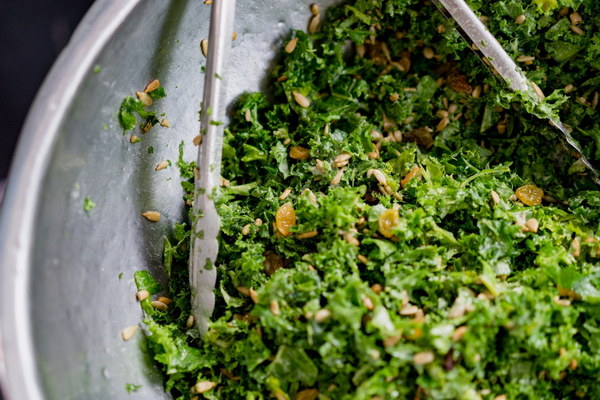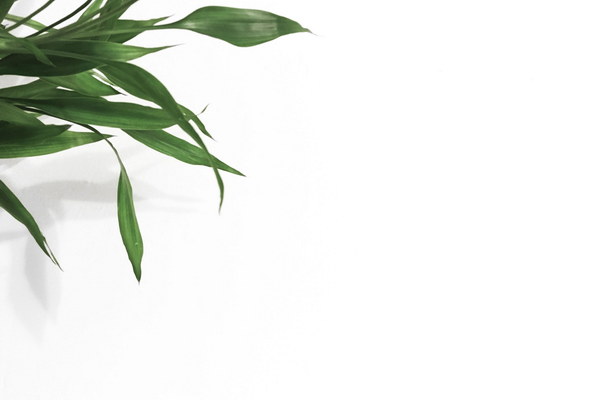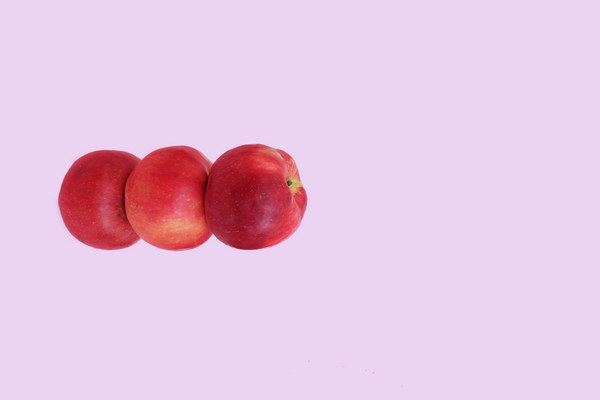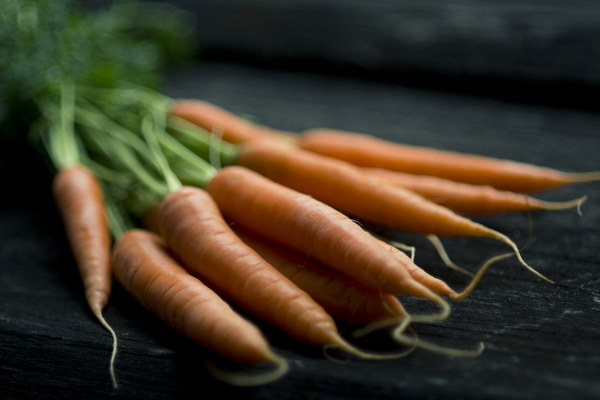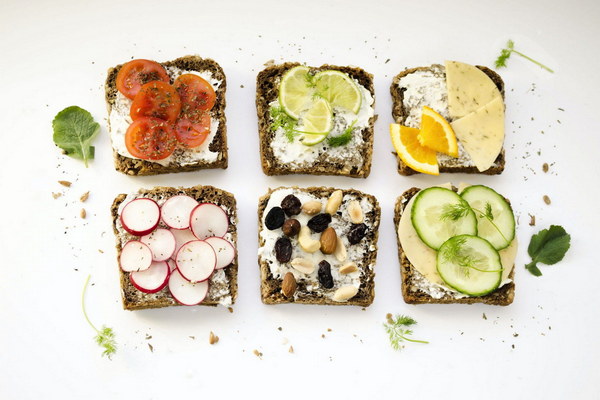Revitalize Your Postpartum Recovery with These Traditional Chinese Medicine Herbs and Soup
In the world of postpartum care, the concept of sitting the month is deeply rooted in Chinese culture. This tradition involves a period of rest and rejuvenation for new mothers, typically lasting for a month after childbirth. One of the key components of this recovery process is the consumption of medicinal soups, known as Zuo Yue Zi Ya Zhan Shui in Chinese. These soups are believed to nourish the body, support the immune system, and help in the healing process. In this article, we will explore the benefits of these traditional Chinese medicine herbs and soup, and how they can aid in the postpartum recovery journey.
The foundation of Zuo Yue Zi Ya Zhan Shui lies in the use of natural herbs and ingredients that have been used for centuries in Chinese medicine. These herbs are carefully selected for their healing properties and are believed to help in various aspects of postpartum recovery. Some of the common ingredients found in these soups include:
1. Dang Gui (Angelica sinensis): Known as the female ginseng, Dang Gui is a popular herb in Chinese medicine for its ability to nourish the blood, regulate the menstrual cycle, and alleviate pain. It is often used in postpartum care to help new mothers regain their strength and balance their hormones.
2. Shan Yao (Polygonum multiflorum): Also known as He Shou Wu, Shan Yao is another vital herb that supports the liver and kidney function. It is believed to enhance fertility, promote hair growth, and improve skin health.
3. Chuan Xiong (Ligusticum chuanxiong): This herb is known for its ability to improve blood circulation and alleviate pain. It is often used in postpartum care to help with the healing of the uterus and reduce the risk of postpartum depression.
4. Bai Zi Ren (Semen biotae): This herb is believed to have calming and soothing properties, making it ideal for postpartum care. It is often used to help with sleep disturbances and anxiety.
5. Huang Qi (Astragalus membranaceus): Known for its immune-boosting properties, Huang Qi is an essential ingredient in Zuo Yue Zi Ya Zhan Shui. It helps to strengthen the body's defense mechanism and promotes overall well-being.
The process of making Zuo Yue Zi Ya Zhan Shui is quite simple and involves the following steps:

1. Gather the necessary ingredients and clean them thoroughly.
2. Soak the herbs in water for a few hours to allow them to absorb moisture.
3. Boil the herbs and water together in a large pot for about 30 minutes.
4. Strain the herbs and reserve the liquid.
5. Add any desired vegetables or meat to the liquid and continue to cook until the soup is ready.
It is important to note that the ingredients and preparation of the soup may vary depending on the specific needs of the new mother. Some mothers may require additional herbs or ingredients to address specific concerns, such as postpartum bleeding or breast milk production.
The benefits of Zuo Yue Zi Ya Zhan Shui are numerous, and they include:
1. Nourishment: The herbs in the soup help to replenish the nutrients lost during pregnancy and childbirth, promoting overall health and vitality.
2. Immune Support: The immune-boosting properties of Huang Qi and other herbs help to protect the new mother from infections and illnesses during the postpartum period.
3. Pain Relief: Chuan Xiong and other pain-relieving herbs help to alleviate postpartum pain, such as cramping or backaches.
4. Hormonal Balance: Dang Gui and Shan Yao help to regulate the hormones, reducing the risk of postpartum depression and mood swings.
5. Faster Recovery: The combination of nourishing and healing properties in the soup aids in the faster recovery of the body and uterus.
In conclusion, Zuo Yue Zi Ya Zhan Shui is a traditional Chinese medicine soup that can greatly benefit postpartum recovery. By incorporating these natural herbs and ingredients, new mothers can support their health, strengthen their immune system, and promote overall well-being during this critical period. As always, it is important to consult with a healthcare professional or a knowledgeable practitioner when considering the use of traditional remedies, especially during postpartum care.


